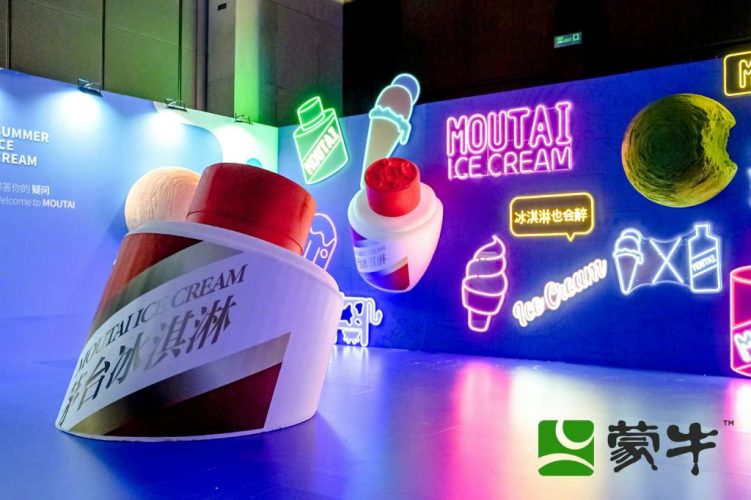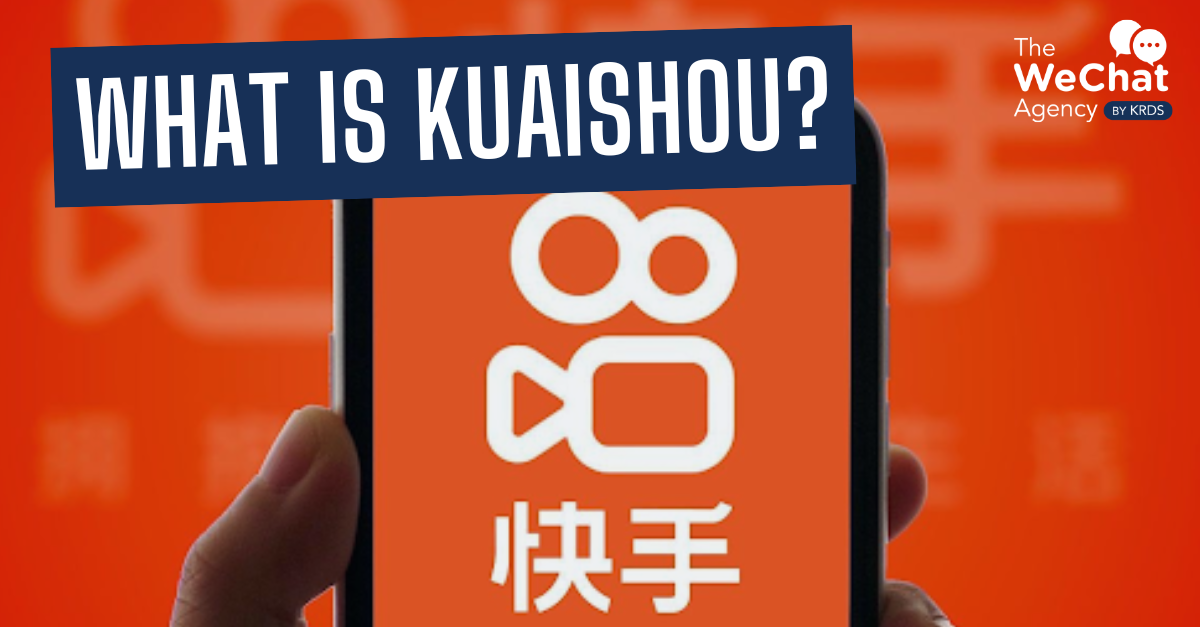In the dynamic realm of modern marketing, connecting with the younger generation is paramount. China’s Gen Z, born approximately between 1995 and 2010, represents a demographic with unique behaviours, preferences, and digital habits.
For businesses, understanding and effectively engaging with this audience is not only a strategic move but a necessity. In this blog, we will delve into the behaviours and preferences of China’s Gen Z population and explore strategies for engaging them effectively.
The Digital Landscape of Gen Z: Where to Connect
To effectively engage with Gen Z, businesses must first know where to find them. Gen Z is digitally savvy, and understanding the platforms they frequent is key. Three prominent platforms have garnered significant attention:
- WeChat: WeChat is an essential platform for connecting with Gen Z. Furthermore, this multifaceted platform offers messaging, social media, payment, and e-commerce features. Therefore, leveraging WeChat can help businesses create engaging content and build brand presence.
- Weibo: Often compared to Twitter, Weibo is another valuable platform. It’s a hub for real-time updates, trending topics, and viral content. Weibo can be an effective medium for brand engagement, particularly through influencer partnerships.
- Douyin (TikTok): The short-video platform Douyin, internationally known as TikTok, this platform has become a cultural phenomenon. Furthermore, it offers a creative and interactive space for brands to reach Gen Z, especially through engaging video content.
- RED: Xiaohongshu, known as “Little Red Book” or “RED,” is a popular social media and e-commerce platform in China. It enables users to share reviews, recommendations, and shopping experiences, making it a valuable resource for consumers seeking product information and lifestyle inspiration.
Strategies for Impactful Content Creation
Creating impactful content for Gen Z requires a nuanced approach. Here are some strategies to consider:
User-Generated Content: Firstly, encourage user-generated content as Gen Z enjoys co-creating with brands and sharing their experiences.
Short-Form Video: Secondly, short-form video content on platforms like Douyin is a powerful way to capture Gen Z’s attention. Keep it engaging and concise.
Storytelling: Thirdly, craft brand stories that resonate with their values and aspirations. Gen Z appreciates meaningful narratives.
Influencer Collaborations: Lastly, partner with influencers who align with your brand. Influencers can bridge the gap and connect with Gen Z authentically.
🤳 Discover more about the KOL (Key Opinion Leader) economy
Recently, Moutai, a prestigious brand of Chinese liquor (specifically baijiu), has successfully engaged with China’s youngsters in a cool and memorable way. As a result, it has effectively elevated its brand image and promoted itself among new consumers.
🥃 Read the Full Case Study on Moutai Marketing Strategies Targeting Gen Z
The Influence of E-Commerce on China’s Gen Z Purchasing Decisions
Secondly, e-commerce plays a central role in the purchasing decisions of Gen Z. They are digital shoppers who rely heavily on online platforms to make informed choices. To optimise your online presence for this audience, consider the following:
Mobile-First Approach: Ensure your online shopping experience is optimised for mobile devices. Gen Z shops on the go and demands a seamless mobile experience.
Interactive Shopping: Implement interactive features in your e-commerce platforms. Features like virtual try-ons, augmented reality, and chat support can enhance the shopping journey.
Transparency and Reviews: Gen Z values transparency and peer reviews. Make sure your product information is accurate, and consider integrating reviews and ratings into your e-commerce site.
Sustainability: Sustainability matters to Gen Z. Highlight your brand’s eco-friendly practices and products.
Establishing Brand Trust and Authenticity
Building brand trust and authenticity is crucial for engaging with Gen Z. They are discerning consumers who scrutinize brands closely. To achieve this, strategies include:
Social Responsibility: Engage in social and environmental initiatives and communicate your brand’s values and contributions.
Transparency: Be transparent about your practices, sourcing, and manufacturing. Gen Z values brands that are open about their processes.
Consistent Messaging: To begin with, ensure consistency in your brand’s messaging across all platforms. Mixed or contradictory messages can erode trust.
Engagement, Not Just Sales: Furthermore, focus on building relationships, not just making sales. Gen Z appreciates brands that engage with them on a personal level.
China’s Gen Z as Luxury Consumers
In the ever-evolving landscape of consumer trends, Chinese Gen Z has emerged as a seasoned cohort of luxury consumers. Notably, having grown up in a rapidly modernizing China, they are not just digital natives but also well-versed in luxury brands and products. This generation displays a strong inclination towards individualism and self-expression, seeking unique and personalized experiences. Moreover, their consumption patterns reflect a combination of traditional values and modern sensibilities, making them discerning shoppers who value quality, authenticity, and brand reputation. They are no longer just aspirational buyers but are actively shaping the luxury market’s trends and narratives, demanding a seamless blend of online and offline experiences while prioritizing sustainability and ethical practices. This seasoned luxury consumer base poses both challenges and opportunities for brands looking to engage with them effectively and tap into their evolving tastes and expectations.
🛍️ Read more about China’s Youth Appetite for Luxury
In summary, China’s Gen Z represents a unique and influential demographic. Understanding their digital habits, preferences, and values is crucial for effective engagement. By leveraging the right platforms, creating impactful content, optimizing e-commerce experiences, and prioritizing trust and authenticity, businesses can unlock the potential of this discerning generation.
As we navigate the digital landscape and the preferences of the next generation, let us embrace this opportunity to connect with China’s Gen Z and build lasting, meaningful relationships between brands and this influential demographic. For further information, please feel free to contact us at contact@thewechatagency.com to learn more.


